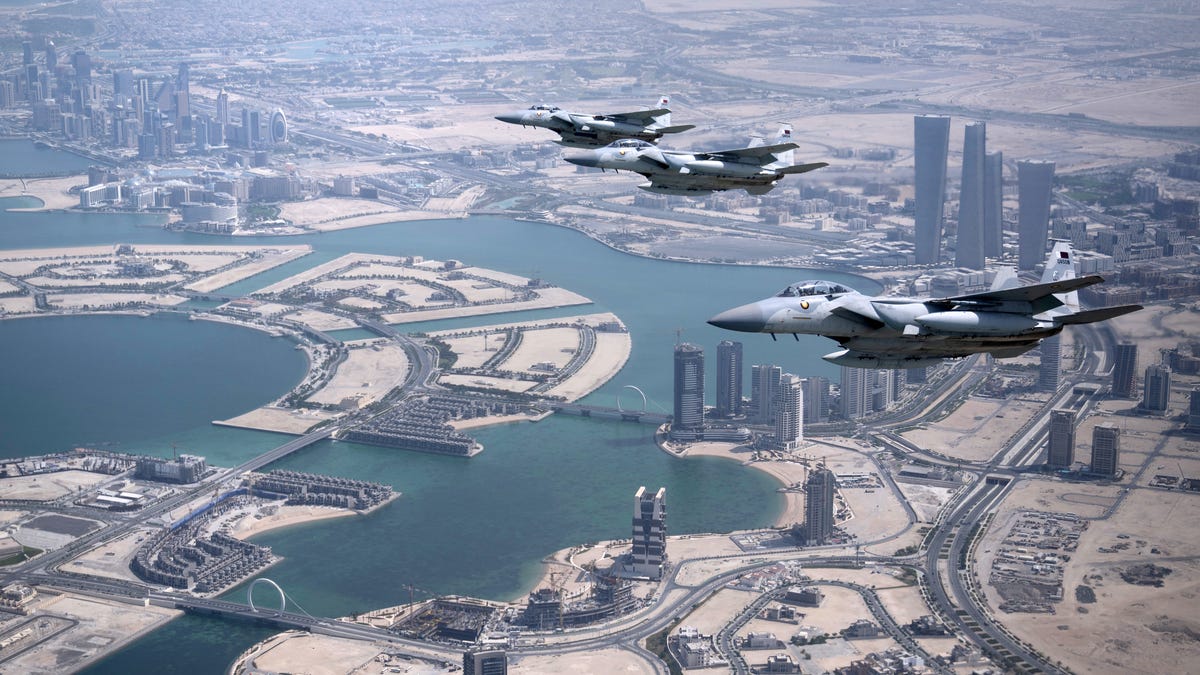DOHA, May 20 (Reuters) – Qatar dismissed concerns about its offer to give U.S. President Donald Trump a Boeing BA.N plane, saying it was not trying to buy influence, a day after a bill was introduced in the Senate to prevent a foreign aircraft operating as Air Force One.
Qatar’s Prime Minister Sheikh Mohammed bin Abdulrahman Al Thani said on Tuesday that the offer was “a normal thing that happens between allies,” reiterating that the Gulf Arab country has been a reliable partner to the United States.
He said he did not know why people considered the gift as bribery, or a way for Qatar to buy influence with the Trump administration.
“But I’m hoping that people in the United States and even the politicians over there, they see us as a friend, as a partner, as a reliable partner that we’ve always been there for the U.S. whenever we were needed,” he said at the Qatar Economic Forum held in Doha.
U.S. Senate Democratic leader Chuck Schumer introduced the “Presidential Airlift Security Act” after news Trump planned to accept a $400 million airplane from Qatar, which legal experts said raised a raft of questions about the scope of laws that relate to gifts from foreign governments and are intended to thwart corruption and improper influence.
Trump shrugged off ethical concerns, saying it would be “stupid” to turn down the generous offer.
Retrofitting a luxury Boeing BA.N 747-8 airplane offered by Qatar’s royal family would require security upgrades, communications improvements to prevent spies from listening in and equipment to fend off incoming missiles, experts said.
Trump said the Boeing 747-8 would eventually be donated to his presidential library – a repository housing research materials from his administration, and that he had no plans to use it for personal reasons after leaving office.
During his visit to Doha on Wednesday, Boeing landed its biggest deal for widebody airplanes when state carrier Qatar Airways placed firm orders for 160 jetliners plus options to buy 50 more, a win for Trump on his high-profile trip to the region.
(Reporting by Andrew Mills, Writing by Nayera Abdallah, Editing by Louise Heavens, Kirsten Donovan and Sharon Singleton)
